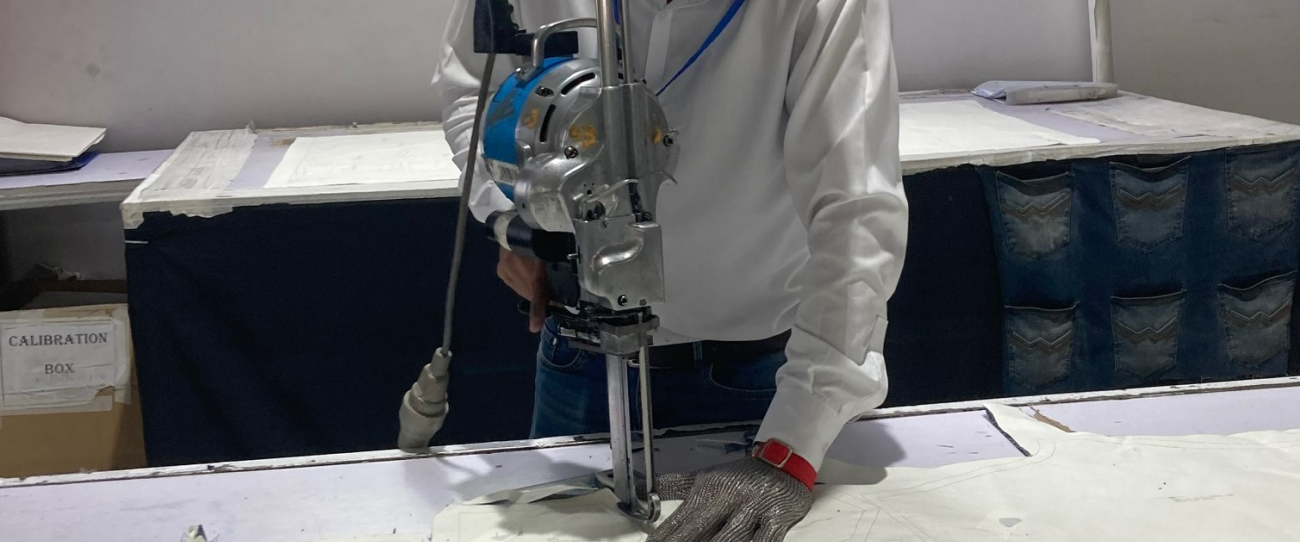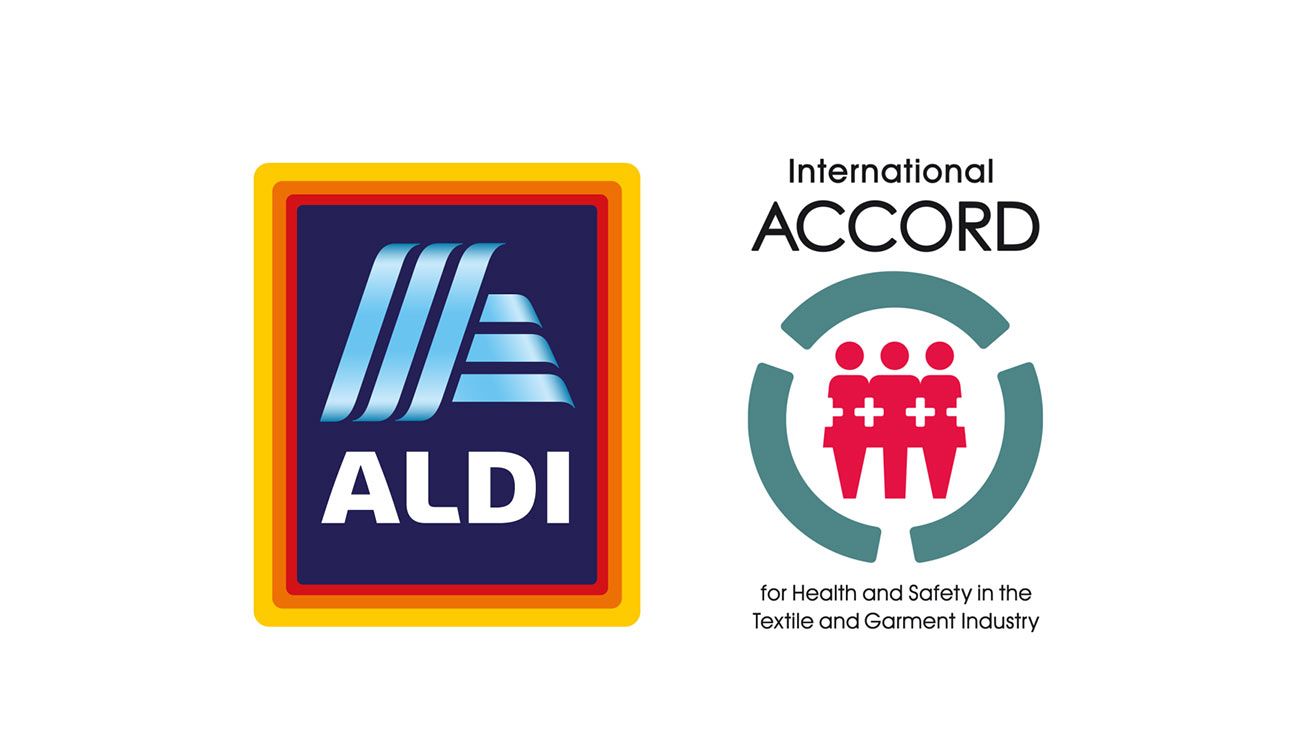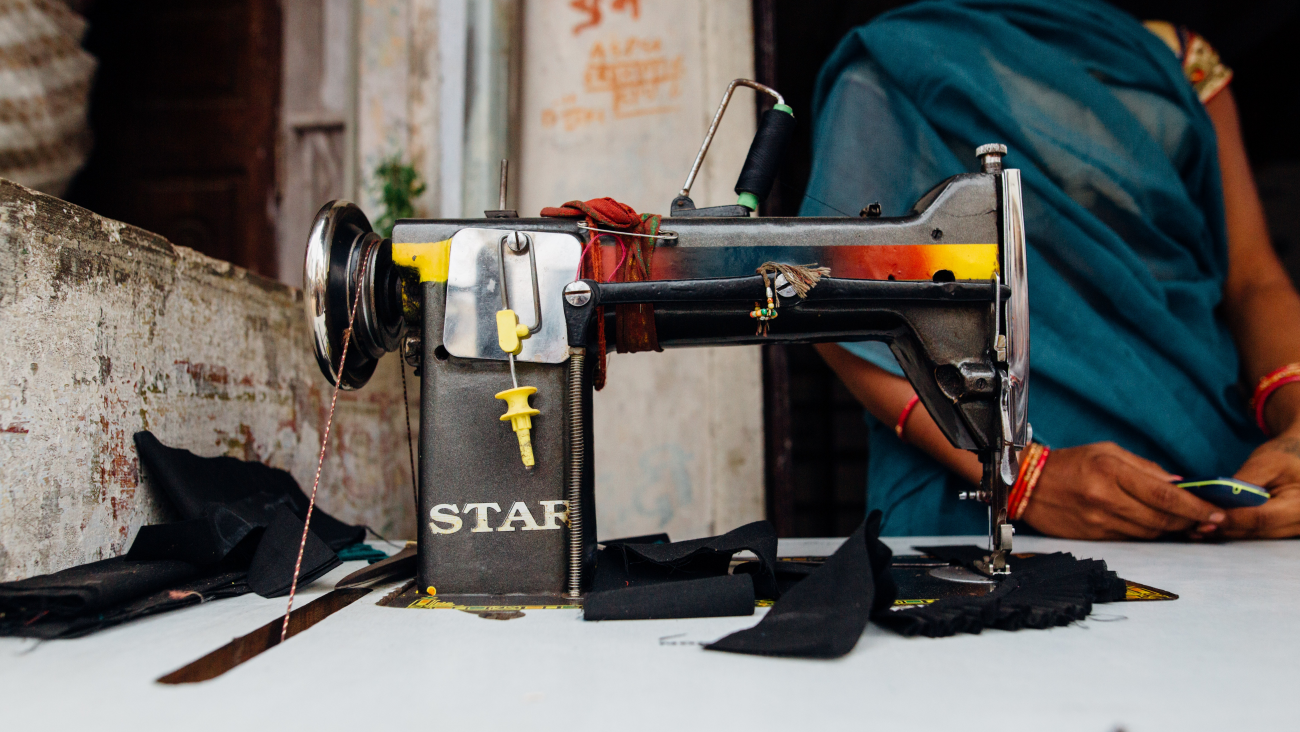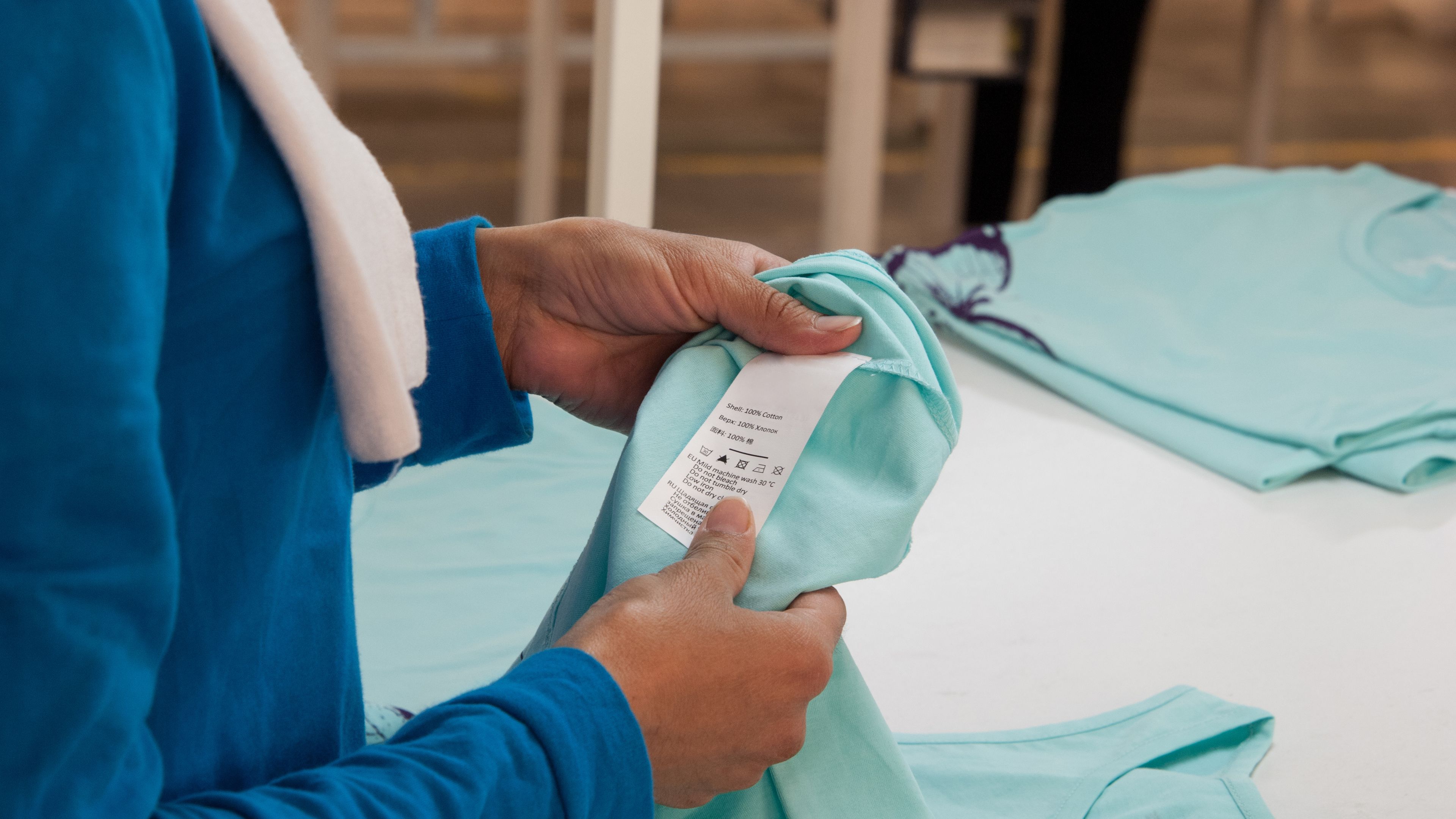

As part of our commitment to increase transparency and promote workplace safety in our supply chains, the ALDI SOUTH Group signed the new Pakistan Accord on 27 January 2023. The Pakistan Accord for Health and Safety in the Textile and Garment Industry is a legally binding agreement between brands/retailers and global trade unions.
The new Pakistan Accord promotes safe workplaces through independent safety inspections, training programs and a complaints mechanism to safeguard workers against occupational health and safety risks. The Pakistan Accord covers all Cut-Make-Trim (CMT) facilities, namely all Ready-Made Garment (RMG), home textile, fabric and knit accessories suppliers, producing products for the signatories. Fabric mills in Pakistan that are also supply chains of the signatories are covered by the Accord.
Future commitments: The Pakistan Accord
Building on the successful implementation of the Bangladesh Accord, the Pakistan Accord includes all key International Accord features:
- Independent safety inspections to address identified fire, electrical, structural and boiler hazards Monitoring and supporting remediation
- Safety Committee training and worker safety awareness program
- An independent complaints mechanism
- A commitment to broad transparency
- Local capacity-building to enhance a culture of health and safety in the industry
The Pakistan Accord covers all Cut-Make-Trim (CMT) facilities, namely all Ready-Made Garment (RMG), home textile, fabric and knit accessories suppliers, producing products for the signatory companies. Fabric mills within the supply chains of the signatories are also covered, with implementation scheduled for a later stage in the program.
The program aims to cover more than 500 factories throughout the Sindh and Punjab provinces, where most of Pakistan’s $20 billion annual garment and textile exports are manufactured.
ALDI are continuously committed to improving transparency in our supply chains and supporting our suppliers in meeting the highest safety standards. If you would like to find out more then please refer to the International Accord website for more information.
Previous commitments: The International Accord
The International Accord (former Bangladesh Accord) is a legally binding agreement between more than 190 brands/retailers and two global trade unions - IndustriALL Global Union and UNI Global Union. It came into effect in 2013 following the aftermath of the Rana Plaza building collapse, with the goal of promoting safe workplaces through independent safety inspections, training programs, and a complaints mechanism to safeguard workers against occupational health and safety risks.
ALDI was one of the first signatories of the Bangladesh Accord, following commitments under Articles 38 and 39 to expand the International Accord’s work to other countries beyond Bangladesh. Expansion is based on the presence and volume of signatory brands in the country, local stakeholder support and the extent to which existing mechanisms are able to regulate safety and the extent to which there are safety problems.


